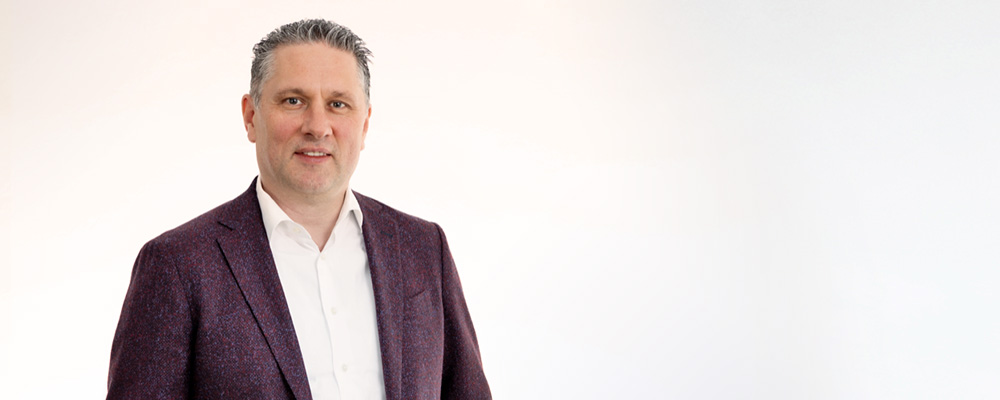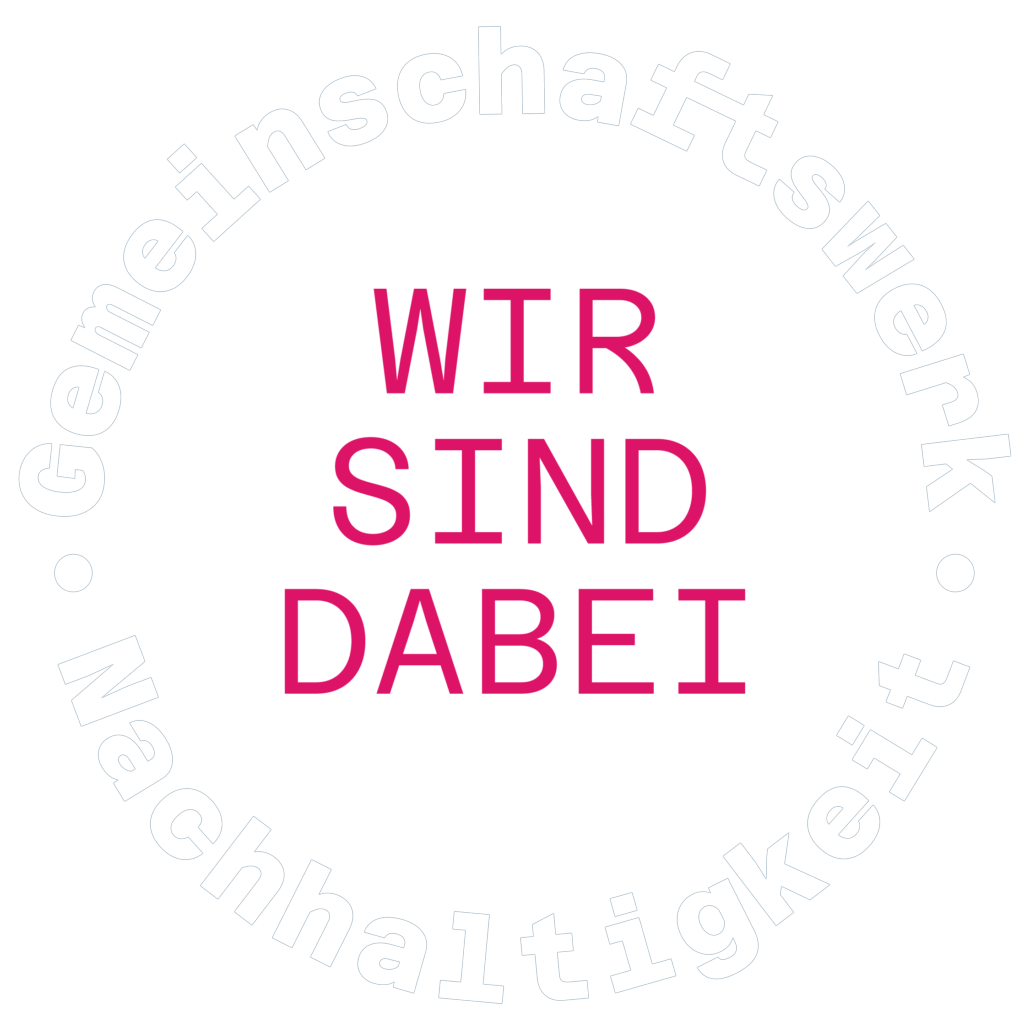Temporary building concepts.
The interdisciplinary way of thinking and working at RITTWEGER and TEAM, paired with design expertise and a deep understanding of the interrelationships of the circular economy, characterises our approach to temporary building concepts. We develop tailored solutions that combine ecological and economic aspects.
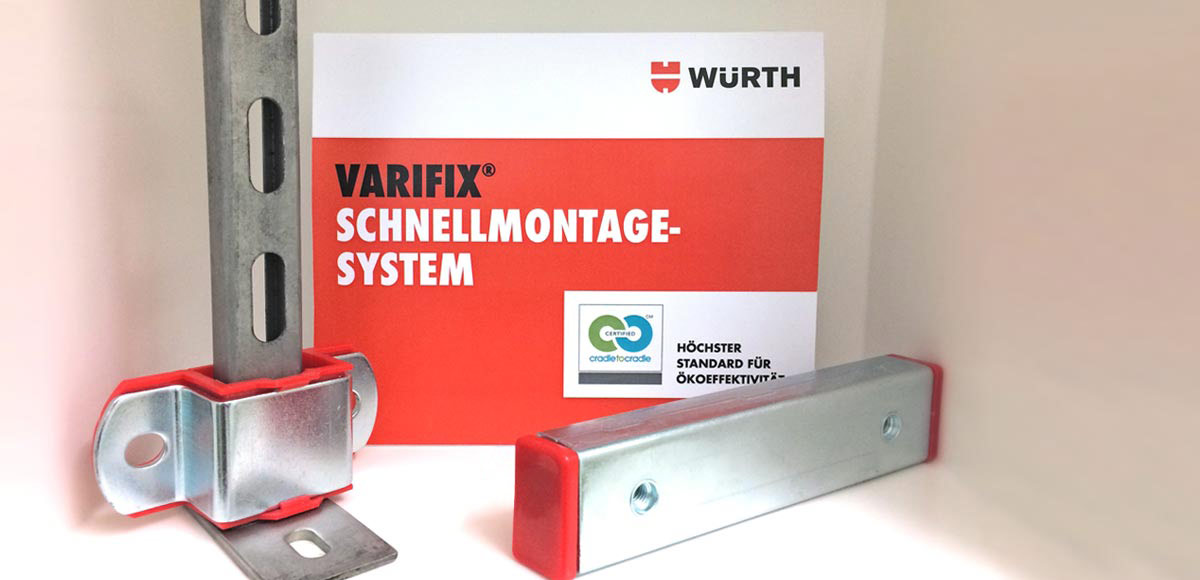
Sample of a recyclable rapid assembly system from our Circular Material LAB, for which RITTWEGER + TEAM accompanied the initial certification for Cradle to Cradle Certified® in 2017
Discovering new potential based on demountable solid construction concepts
Temporary buildings provide numerous opportunities for sustainable construction. Using innovative, demountable, reusable, and recyclable materials and construction products can lead to both economic and environmental benefits. One of the most significant advantages is that planners, developers, and builders don’t need to worry about the economic reuse of buildings. Instead, they can take advantage of existing material cycles, which ensures economic viability from the start. This promotes local acceptance of temporary structures, and materials and construction products can be reused elsewhere. This helps to conserve the climate, environment, and resources by reducing the demand for newly extracted raw materials, lowering the energy required for material production, and substantially reducing waste. Additionally, this approach reduces greenhouse gas emissions and the ecological footprint of the building.
Temporary and circular construction requires a new way of thinking in planning, construction and utilisation scenarios
Efficient and rapid deconstruction of solid building structures requires a shift in mindset and a circular approach right from the planning stage. Imagine being able to use the same building materials for various construction projects, such as the temporary provision of classrooms and the subsequent expansion of a fire station. This is not just about simple container construction but rather about the effective and long-term utilisation of building materials. At RITTWEGER and TEAM, we offer interdisciplinary services for the conceptualisation of such buildings and usage scenarios. With our Circular Material LAB and a wide selection of certified sustainable and demountable building components, we can develop customised solutions for temporary construction projects. Our expertise in assessing the sustainability of manufacturers and suppliers also plays a role. Our goal is to provide individual material compositions to realise environmentally and human-friendly buildings.
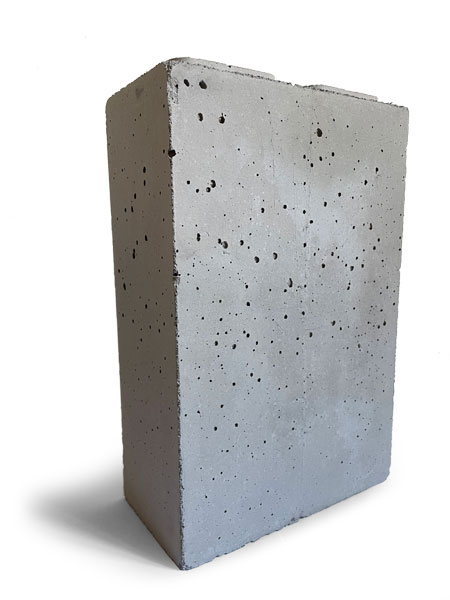
Example of a modular building block from our Circular Material LAB
We offer the following interdisciplinary project-related services:
- Concept design for a circular temporary building concept
- Material selection based on materials that meet the Cradle to Cradle Certified® product standard, as well as alternative materials from our Circular Material LAB
- Selection/briefing of architectural firms/project developers or general contractors
- Sustainable performance measurement for all suppliers involved in the process
- Support & assistance for possible auditing processes
- Creation of a digital twin for all material data
- Closing the open material cycles with manufacturers
- Creation of a material passport
- CO₂ balancing of the project, calculation of the CO₂ storage potential
- Verification of sustainability claims in accordance with the EU Green Claims Directive
- Communication and PR for the project
Concept sketch Circular Economy – temporary buildings with modular building blocks:
Good to know.
Ratings, certifications and standards – an overview of the sustainability assessment of companies, products and materials
The sustainability assessment of companies and products is carried out through mechanisms such as ratings, audits, certifications, and standards. EcoVadis is one of the most significant platforms for evaluating companies and is among the largest rating systems for supplier assessments. It takes into account criteria such as environmental management, labour practices, human rights, fair business practices, and supply chain management.
To objectively assess materials and building products, various certifications and standards are used. For example, LEED focuses on building certification and considers criteria such as energy efficiency, resource efficiency, and indoor air quality. Cradle to Cradle Certified® (C2C) emphasises toxin-free materials and ecological and social criteria throughout the entire life cycle of materials and products. The DGNB certificate examines similar aspects and is particularly widespread in Germany. BREEAM is a globally recognised certification for the sustainability assessment of buildings.
It’s important to note that no single platform or initiative comprehensively covers all aspects of sustainability. Each platform has its specific focus areas and assessment criteria. Some platforms specialise in greenhouse gas emissions (Carbon Disclosure Project – CDP) or labor conditions (Ethical Trading Initiative – ETI). Others, like the Global Reporting Initiative (GRI), provide a framework for comprehensive sustainability reporting. Companies can combine various approaches and tools to obtain a comprehensive sustainability assessment and effectively pursue their goals.







